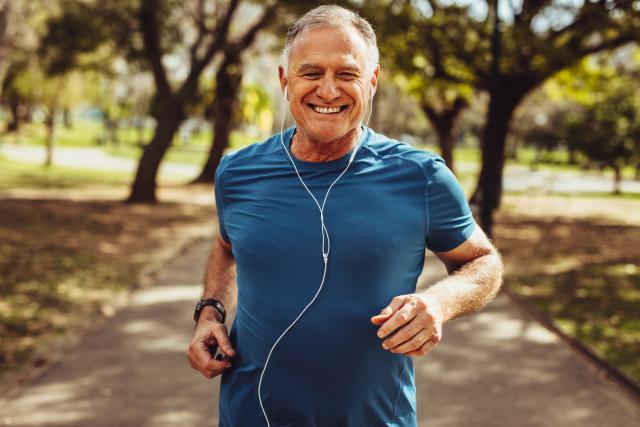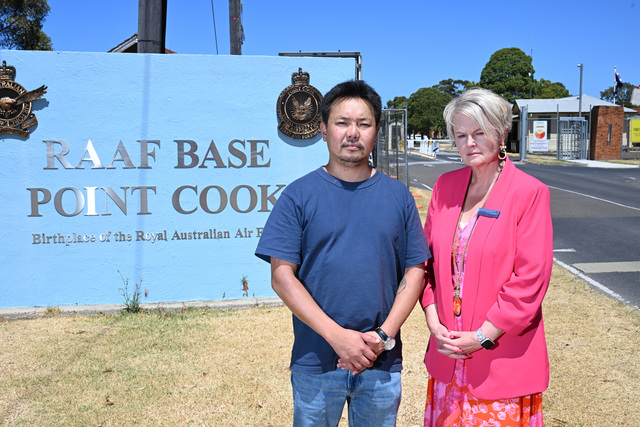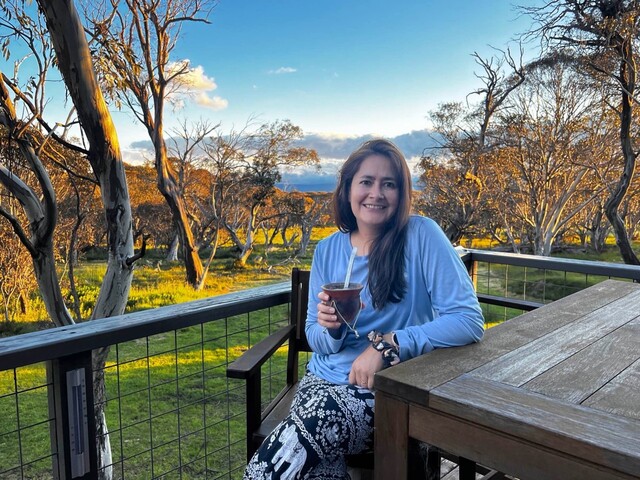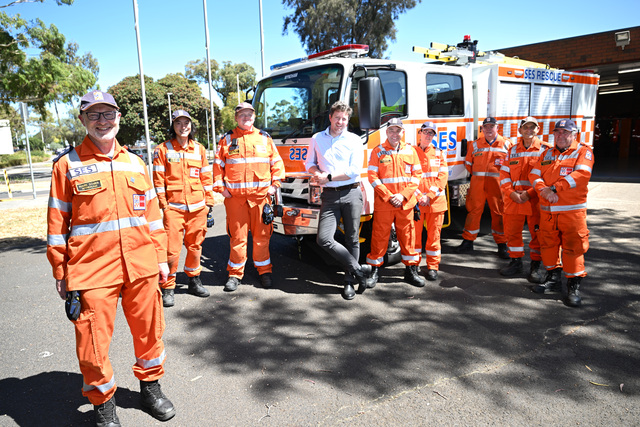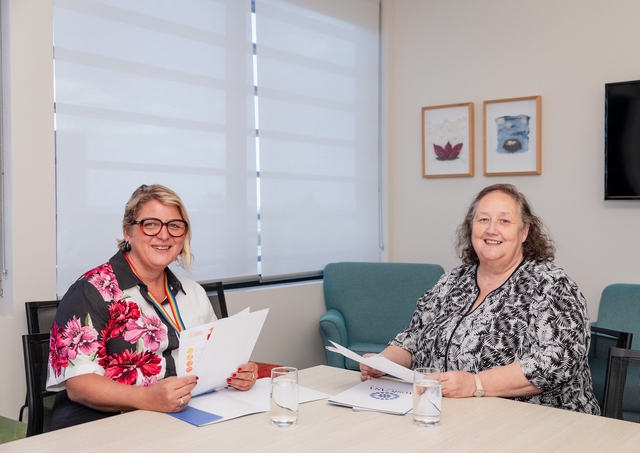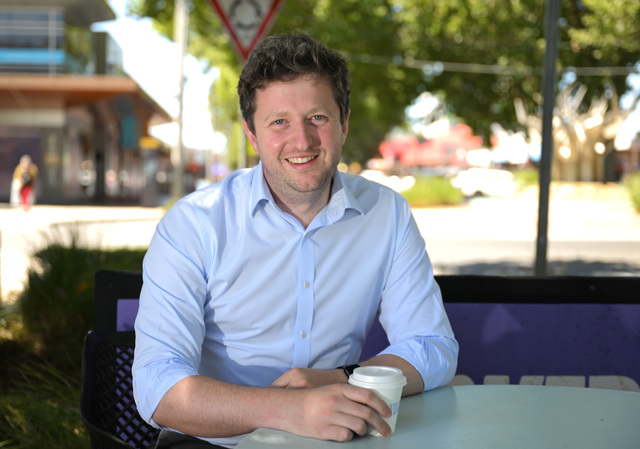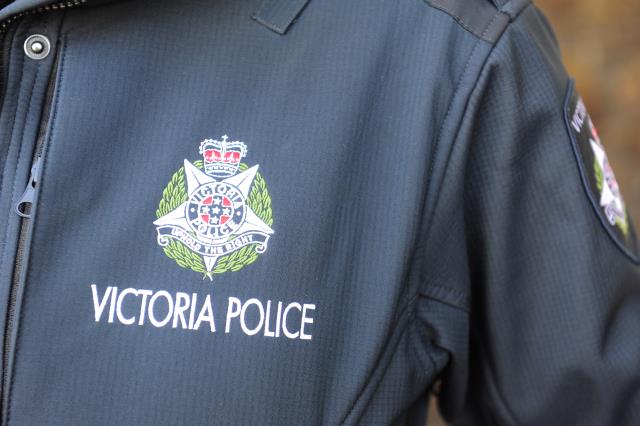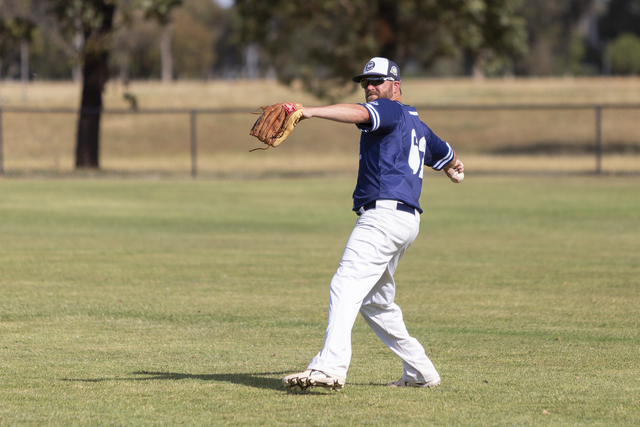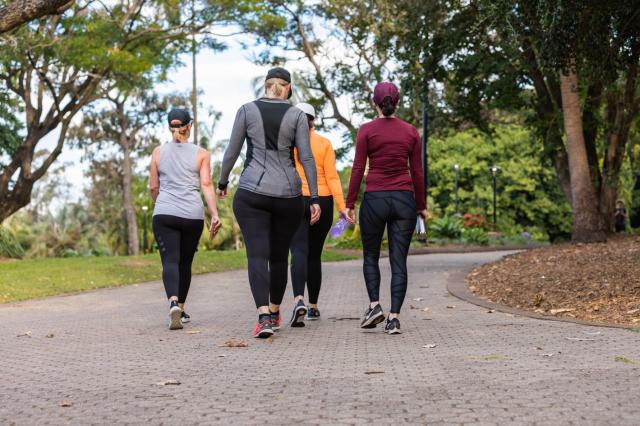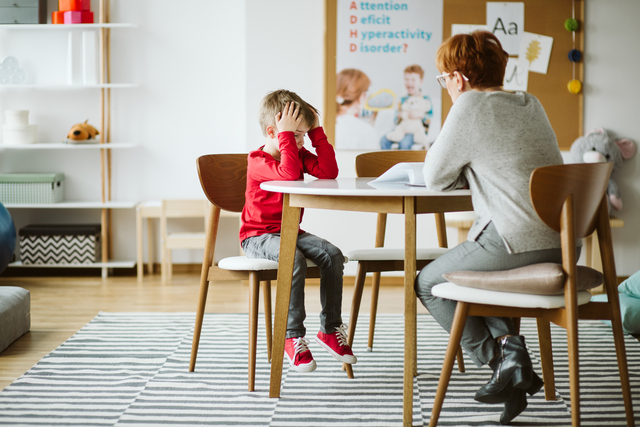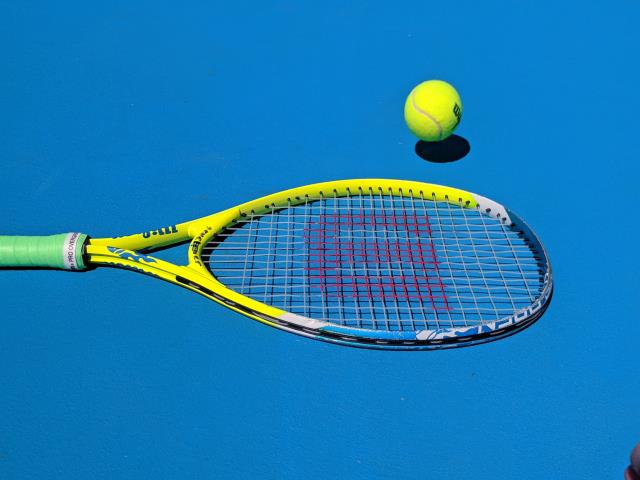Exercise plays a crucial role in promoting healthy aging by benefiting physical, mental, and emotional well-being. As people age, maintaining an active lifestyle becomes increasingly important for preserving mobility, independence, and overall quality of life. Here are several ways in which exercise can help people age well:
Maintaining Muscle Mass and Strength: As people age, they naturally experience a gradual loss of muscle mass and strength, known as sarcopenia. Regular exercise, particularly resistance training and weight-bearing activities, can help counteract this decline by stimulating muscle growth and preserving muscle mass. Strong muscles are essential for maintaining balance, stability, and functional independence as individuals age.
Improving Bone Health: Aging is also associated with a decrease in bone density, increasing the risk of osteoporosis and fractures. Weight-bearing exercises such as walking, jogging, dancing, and resistance training help stimulate bone growth and strengthen bones, reducing the risk of fractures and promoting overall bone health.
Enhancing Cardiovascular Health: Exercise is beneficial for cardiovascular health, helping to improve heart function, lower blood pressure, and reduce the risk of heart disease and stroke. Aerobic exercises such as walking, cycling, swimming, and dancing help strengthen the heart muscle, improve circulation, and enhance overall cardiovascular fitness, allowing individuals to maintain an active and independent lifestyle as they age.
Managing Weight and Metabolism: Regular exercise helps regulate metabolism, control body weight, and prevent obesity, which are important factors in maintaining overall health and reducing the risk of chronic diseases such as diabetes, hypertension, and cardiovascular disease. Engaging in both aerobic and resistance training exercises can help individuals manage weight, improve body composition, and maintain metabolic health as they age.
Promoting Flexibility and Mobility: Flexibility and mobility are essential for performing daily activities, maintaining range of motion, and preventing injuries. Stretching exercises, yoga, tai chi, and Pilates are excellent forms of exercise that help improve flexibility, joint mobility, and balance, reducing the risk of falls and enhancing functional independence in older adults.
Enhancing Cognitive Function: Exercise has been shown to have positive effects on cognitive function and brain health, including improving memory, attention, and executive function. Regular physical activity stimulates the release of neurotransmitters and growth factors that promote brain plasticity and neurogenesis, helping to protect against age-related cognitive decline and reduce the risk of dementia and Alzheimer’s disease.
Reducing Stress and Improving Mood: Exercise is a powerful stress reliever and mood enhancer, helping to reduce feelings of anxiety, depression, and stress commonly associated with aging. Physical activity stimulates the release of endorphins, neurotransmitters that promote feelings of happiness and well-being, while also reducing levels of cortisol, the stress hormone. Engaging in regular exercise can improve mood, boost self-esteem, and enhance overall psychological well-being in older adults.
Fostering Social Connections: Exercise provides opportunities for social interaction and engagement, which are important for promoting mental and emotional well-being as people age. Group fitness classes, walking groups, and recreational sports offer opportunities to connect with others, build friendships, and create a sense of community, reducing feelings of isolation and loneliness often experienced by older adults.
In conclusion, exercise is a fundamental component of healthy aging, offering numerous physical, mental, and emotional benefits that contribute to overall well-being and quality of life. By incorporating regular physical activity into their daily routines, older adults can maintain strength, flexibility, mobility, cognitive function, and emotional resilience, allowing them to age well and live life to the fullest. It’s never too late to start reaping the benefits of exercise and embracing a healthier and more active lifestyle as we age.

